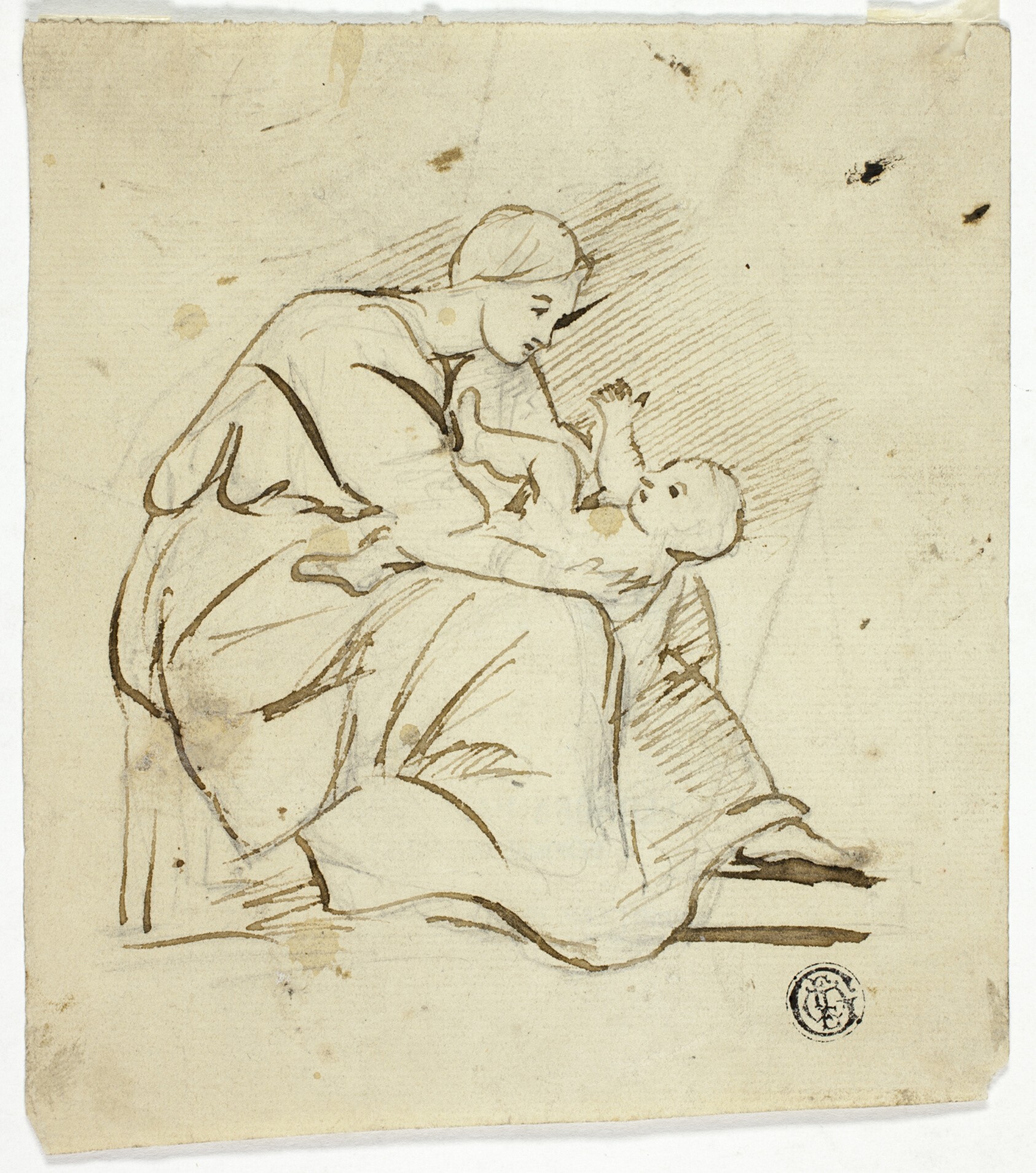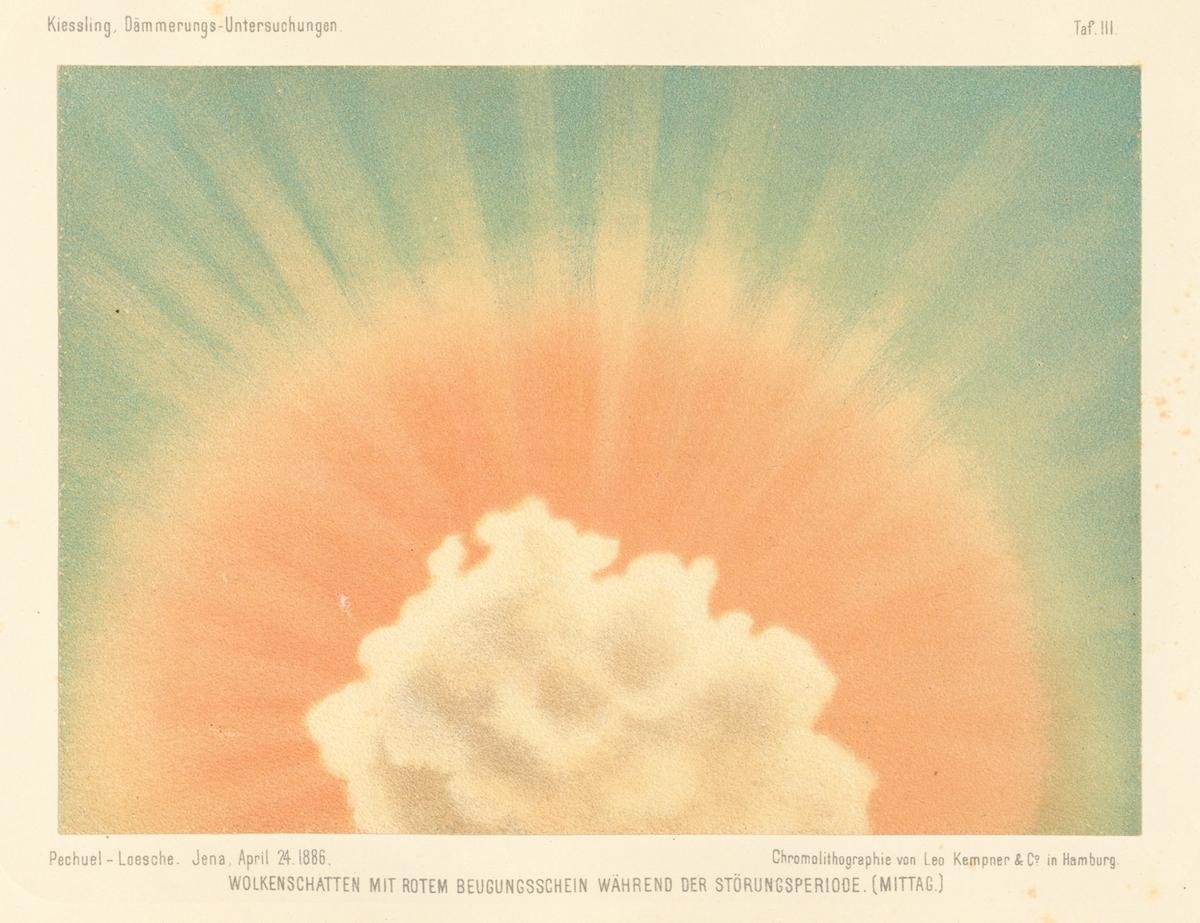In the late 1930s, as the Nazi regime in Germany escalated its persecution of Jewish people, a program known as “Kindertransport” was undertaken to save over 10,000 Jewish children in Nazi-occupied territories from the horrors of the Holocaust by transporting them via trains and ships to the United Kingdom. The UK government agreed to allow unaccompanied children under 17 to enter the country, provided that private citizens or organizations guaranteed their care and eventual resettlement.
While there was no stringent vetting process for selecting foster families for the children, there were two primary requirements:
- Foster families or sponsors had to guarantee the financial support of the child – their food, shelter, education, etc., and
- Local communities and charities were tasked with selecting morally and socially suitable households, capable of providing a safe and nurturing environment.
For the Jewish parents, the decision was heart-wrenching. In order to save their children from the Nazi threat they were forced to send their kids to unknown, foreign families. Tragically, many of the parents were killed in the Holocaust, never to be reunited with their children.
Imagine for a moment you had to send your child to a foreign country, but unlike the Jewish families in 1938, you could handpick the foster family. Those two requirements – financial responsibility and moral/social suitability – are likely in the top five of any parent’s list of considerations. If it was me and I was looking through a database of foster families like I search for an air bnb, I would certainly set the filter for rich, influential, well-off households who could provide for my child’s every need. I’d probably look for doctors, lawyers, educators, or business-owners. But you know who I definitely would not look for?
Teenage girls.
I would not look for a betrothed, 12-16 year old girl in a remote region of a vast empire, set to marry a blue-collar worker. In other words, I wouldn’t pick Joseph and Mary…but God did. So what am I missing? Why Joseph and Mary? They had little, so what did they have that a doctor, lawyer or religious leader did not?
I think they possessed one simple, profound attribute. Take a look at each of their responses to hearing their part in God’s plan, starting with Mary:
‘“Don’t be afraid, Mary,” the angel told her, “for you have found favor with God! You will conceive and give birth to a son, and you will name him Jesus. He will be very great and will be called the Son of the Most High. The Lord God will give him the throne of his ancestor David. And he will reign over Israel forever; his Kingdom will never end!” Mary asked the angel, “But how can this happen? I am a virgin.” The angel replied, “The Holy Spirit will come upon you, and the power of the Most High will overshadow you. So the baby to be born will be holy, and he will be called the Son of God…Mary responded, “I am the Lord’s servant. May everything you have said about me come true.” And then the angel left her. ‘”Luke 1:30-35, 38 (NLT)
Joseph’s reaction isn’t even much of a reaction. He sees an angel in a dream who tells him (paraphrase): (1) Calm down, (2) your fiance is growing a baby from the Holy Spirit, (3) don’t leave her, and oh, by the way (4) name the baby Jesus because “he will save his people from their sins.” What did he do the next morning?
“When Joseph woke up, he did as the angel of the Lord commanded and took Mary as his wife.” Matthew 1:24 NLT
During college two of my friends claimed God showed them their future wife in a dream. Neither had noticed ‘dream girl’ before, but both became convinced she was the one. I was there when both of them realized they had dreamed about the same girl—who, as it turned out, wasn’t interested in either of them. I guess God forgot to deliver her dream.
I think most of us would pause before making major life decisions based solely on a dream. In fear of looking like one of those naiive 20 year-old bible college students, we would keep it to ourselves. If I lived in the same dorm as Joseph and he had told me his dream, I probably would’ve suggested journaling that one out. Let’s sit on it for a bit. Maybe put together some follow-up clarifying questions for tomorrow night if the angel comes again. In short, I would have talked him out of it, or tried to. And that approach has good company. Look at how some legends reacted when God reached out to them with an idea:
Moses: “Who am I to go to Pharaoh? I stutter, and what if they don’t listen to me?”
Gideon: “My clan is the weakest and I am the least in my family.”
Jeremiah: “I’m too young and I don’t know how to speak.”
Jonah: Doesn’t even say anything. He gets on a ship going in the opposite direction of where God called him to go because he hates the people God wanted him to talk to.
Mary and Joseph?
Mary: “Sounds good”
Joseph: (packing)
They had faith. Quiet faith. Obedient faith. Faith that just goes to work. Faith that makes a virgin birth entirely possible and doesn’t seem to care much about what others think.
I don’t care how talented you are, how much experience you have, or what kind of resources you bring to the table, you can’t possibly make a greater contribution to the Kingdom of Heaven here on earth than Mary and Joseph did. I think what we can know, for sure, is that your greatest contribution will have less to do with how much talent you have, what skills you develop, or what money you give away than the level of faith you are willing to put in God’s will instead of your own.
And who are you putting faith in? You are putting your faith in a Heavenly Father who sent his one and only son to a foster family, not to save his life, but to give it in order to save everyone else.
To save the men and women who cried “crucify him!”
To save the men who beat him with whips chorded with chunks of glass, metal and rock.
To save each person who jeered at him as he drug his own cross up a hill.
To save the men who put a nail through each wrist and a nail through his ankles.
You are putting your faith in a father who suffered the sight of his own son’s death and in the son who held his hands open to his own execution.
And Mary watched.
As she witnessed a wave of injustice push her son towards crucifixion, memories may have come to mind.
Wrapping her baby in the cloths her husband found. The shepherds who visited that same night singing a song they just learned. Jesus’s first steps in Nazareth. Joseph teaching him the finer points of carpentry, and to always measure twice and cut once. She could probably remember the fear of losing her twelve year old son on the way home from Passover and the unique mix of anger and relief she felt when they found him marveling a temple crowd (more to come there). Mary could probably remember all of these things as she looked up at her beaten, sinless son, watching the life drain from him. And she was forced to watch the entire event on Friday with only the hope of Sunday.
If a teenage girl could place such audacious faith in God—long before she knew of the sacrifice He would make for her salvation, long before she could grasp the hope of Sunday—what excuse do I have to offer Him anything less?


Great article James!
It makes me think of two Christmas songs “Mary did you know?” and “Joseph’s lullaby”, both give the prospective of how they vowed having baby Jesus in their arms as a new babe. How they embraced him and loved him like their own even though he was the world’s.
Thank you for allowing the Lord to use you in sharing this. Please never stop letting him use you like He has in sharing this message.
Comments are closed.